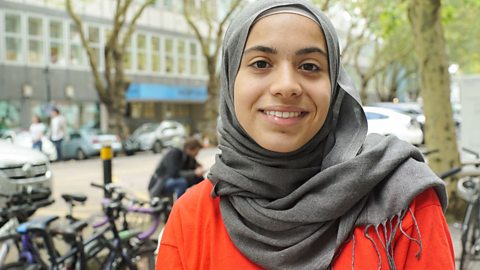To make sure a test is fair, another scientist should be able to repeat it and get the same results.
I’m Zahra, I’m 20 and I’m a Science student.
Scientists are very curious people. They like to ask lots of questions to understand how things around us work.
For example, I like to ask about different diseases and how could we treat them. I do lots of little Science projects called experiments. I get to look at brain cells, heart cells and even cancer cells.
Zahra is very hard-working and puts lots of efforts towards her experiments. She asks lots of questions, this is good because it allows Zahra to then work independently in lab activities as well as planning and delivering her own experiments.
To make sure a test is fair, if another scientist comes, they should be able to repeat it and get the same results.
When I was 15, I started doing lots of different work experiences in a school, in a pharmacy and in a hospital. They all involved Science which made me more passionate into doing Science as a degree.
My current project involves researching different things that cause a lot of damage to heart cells. Hopefully this will help develop treatments for people with heart problems.
After I finish this degree I could work in the hospital lab saving lots of lives.
I am proud to be in research with other scientists, working together, changing the world, for the better.
- As a scientist, Zahra is curious and asks lots of questions about how the world works. She wants to understand how different diseases can be treated
- Zahra does experiments, which are scientific tests, looking at human cells under a microscope to find out more about them
- Zahra works and studies at the University of Salford. She hopes her work will help people with problems like heart disease, and that her discoveries will help save lives.

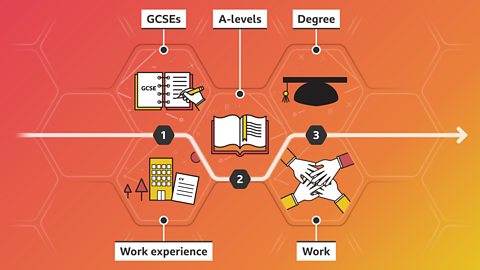

Zahra is a researcher studying Biomedical Science at university; her experience could set her on the path towards becoming a clinical scientist.
What to expect if you want to be a clinical scientist
- Clinical scientist average salary: Variable ranging from £32,000 to £93,000
- Clinical scientist typical working hours: 38 to 40 hours a week. You could also work on occasional evenings and weekends.
What qualifications do you need to be a clinical scientist?
You could get into this role via a university course, a degree apprenticeship, working towards this role or applying directly. You'll usually need five GCSEs at grades 9 to 4 (A* to C), including English, Maths and Science and two to three A-levels, including Maths and Science, or equivalent, for a degree. You'll usually need four to five GCSEs at grades 9 to 4 (A* to C) and A-levels, or equivalent, for a degree apprenticeship. Alternatives to A-levels include taking a T-level (England-only), which is equivalent to three A-levels. Check with your course provider which alternative qualifications they accept.
Sources: LMI for All, National Careers Service, GOV.UK
This information is a guide and is constantly changing. Please check the National Careers Service website for the latest information and all the qualifications needed and the GOV.UK website for more on T-levels.
For careers advice in all parts of the UK visit: National Careers Service (England), nidirect (Northern Ireland), My World of Work (Scotland) and Careers Wales (Wales).

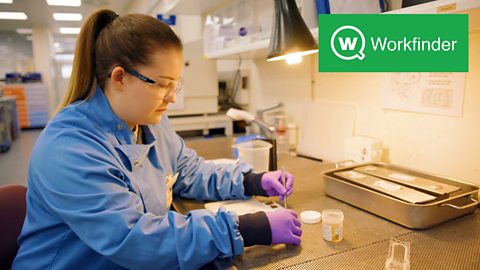
Work experience in your area
Find work experience placements with Workfinder.
Tips and advice
Help with interviews, writing a CV and all things work experience related.


Rosie: science journalist
Rosie's the editor for the science section of a student-run magazine.
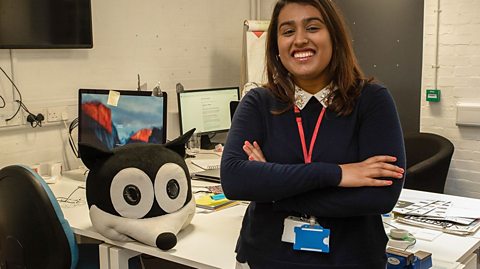
Jaz: research scientist. video
Jaz is a research scientist and PhD student.
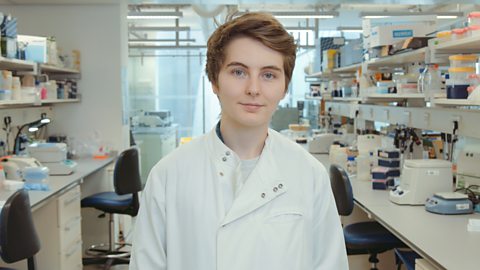
Khadija: first aider
Khadija uses her medical knowledge to teach young people first aid.
